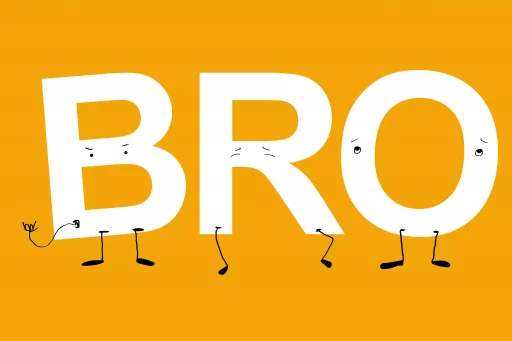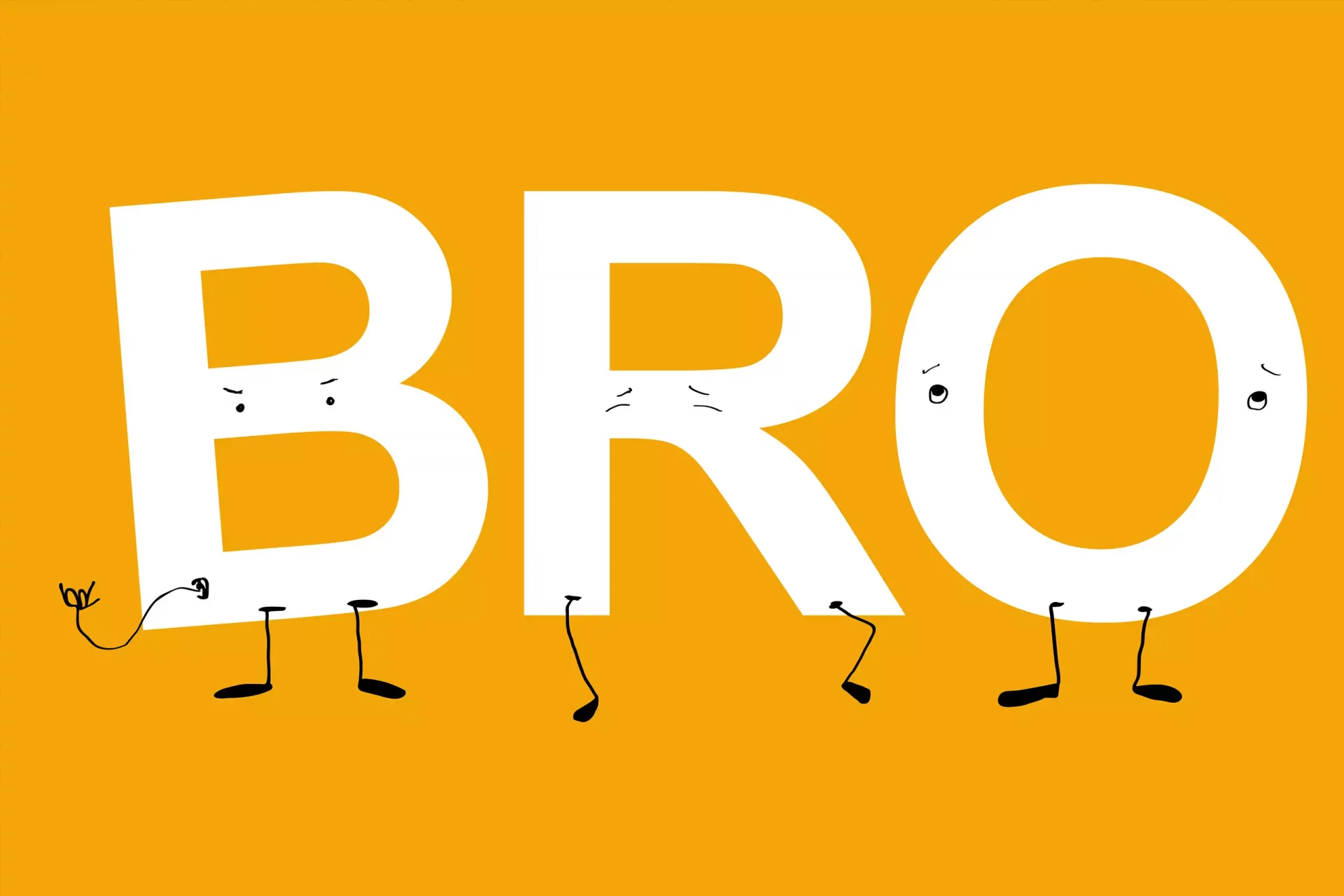Introduction to Jock Slang
In the landscape of American vernacular, the term jock has carved out a niche that embodies a specific stereotype, primarily related to high school and collegiate athletics. The word has evolved over the years and carries a variety of connotations depending on its usage and context.
The Origin of the Term
The etymology of the term jock is somewhat murky, but it is widely believed to trace back to the 1960s. Some suggest it originates from the Scottish term jock, a common name for a working-class man, while others link it to the nickname for athletes at the University of California, Berkeley. The term has since transitioned into a slang descriptor for athletic individuals.
Characteristics of a Jock
Jocks are often characterized by a few distinguishing traits:
- Athleticism: Typically, jocks are involved in one or more sports, showcasing physical prowess and competitive spirit.
- Stereotypical Traits: They are often depicted in media as being confident, outgoing, and sometimes, lacking in academic interests.
- Social Circle: Jocks often have a close-knit group of friends, frequently consisting of fellow athletes.
Positive and Negative Connotations
The term jock carries both positive and negative connotations, a duality that has sparked debate and discussion.
- Positive Connotation: Many see jocks as role models who embody discipline, teamwork, and leadership. They may also represent dedication and hard work in achieving athletic excellence.
- Negative Connotation: Conversely, jocks are often criticized for being overly focused on sports at the expense of academics and for perpetuating stereotypes of arrogance and exclusivity.
Jocks in Popular Culture
Media representation plays a significant role in shaping the perception of jocks. From movies to television shows, jocks are frequently depicted in stereotypical roles:
- Movies: Films like Bring It On and She’s All That portray jocks in leading roles, often showcasing their social status within high school settings.
- Television: Shows like Glee and Friday Night Lights present a more nuanced view, depicting the struggles jocks face both on and off the field.
Statistics and Case Studies
To better understand the impact of the jock stereotype, let’s look at some statistics:
- A survey conducted by the National Federation of State High School Associations showed that nearly 7.9 million students participated in high school sports during the 2020-2021 school year.
- A study from the American Journal of Sports Medicine found that athletes are 22% more likely to graduate compared to non-athletes, countering the stereotype that jocks neglect academics.
Additionally, a 2019 study published in the Journal of Youth and Adolescence explored how high school labels, including jocks, impact students’ self-perception. The research found that while some students internally embraced the jock identity as a means of enhancing self-esteem, others felt confined by it, struggling against preconceived notions of what it means to be a jock.
Conclusion
The term jock is an emblem of the dual nature of language—how a word can signify both achievement and stereotype. While jocks are often celebrated for their athletic abilities and school spirit, it’s crucial to recognize the diversity within this group. Society’s evolving perspective on athletes encourages a more complex understanding of what it means to be a jock, urging us to look beyond the stereotypes and appreciate the individual stories that contribute to this cultural phenomenon.






